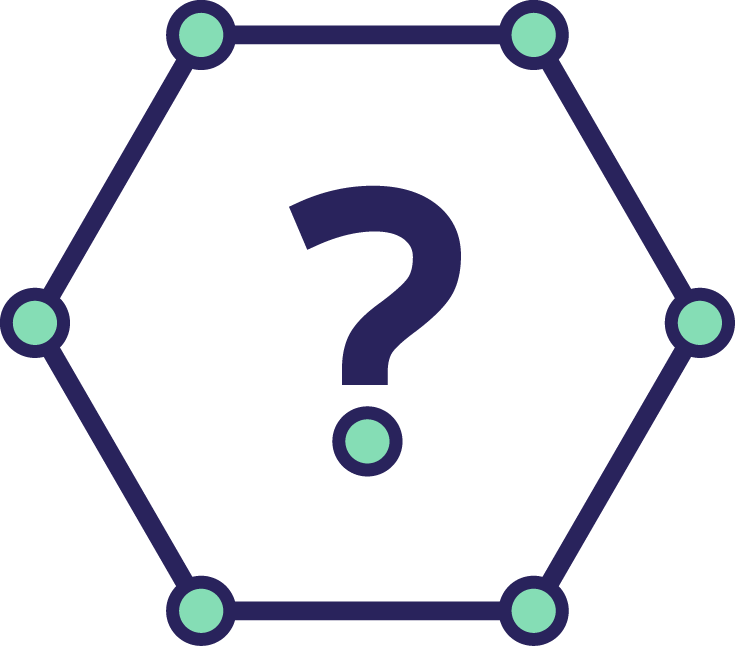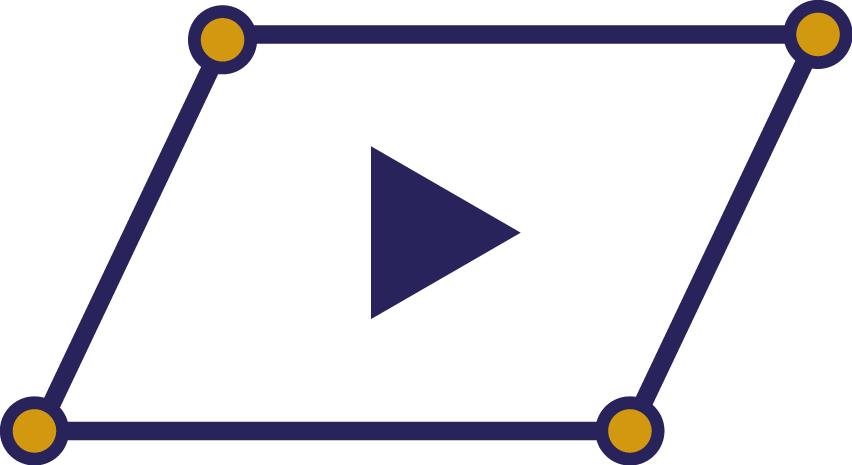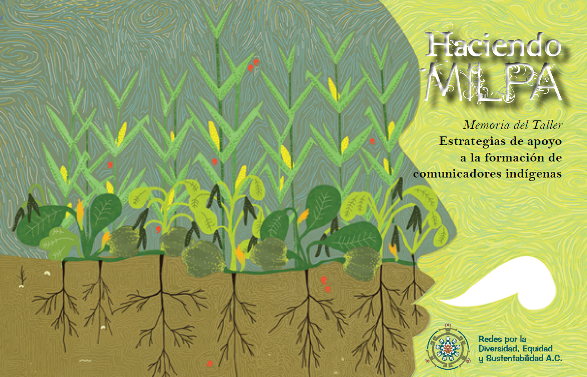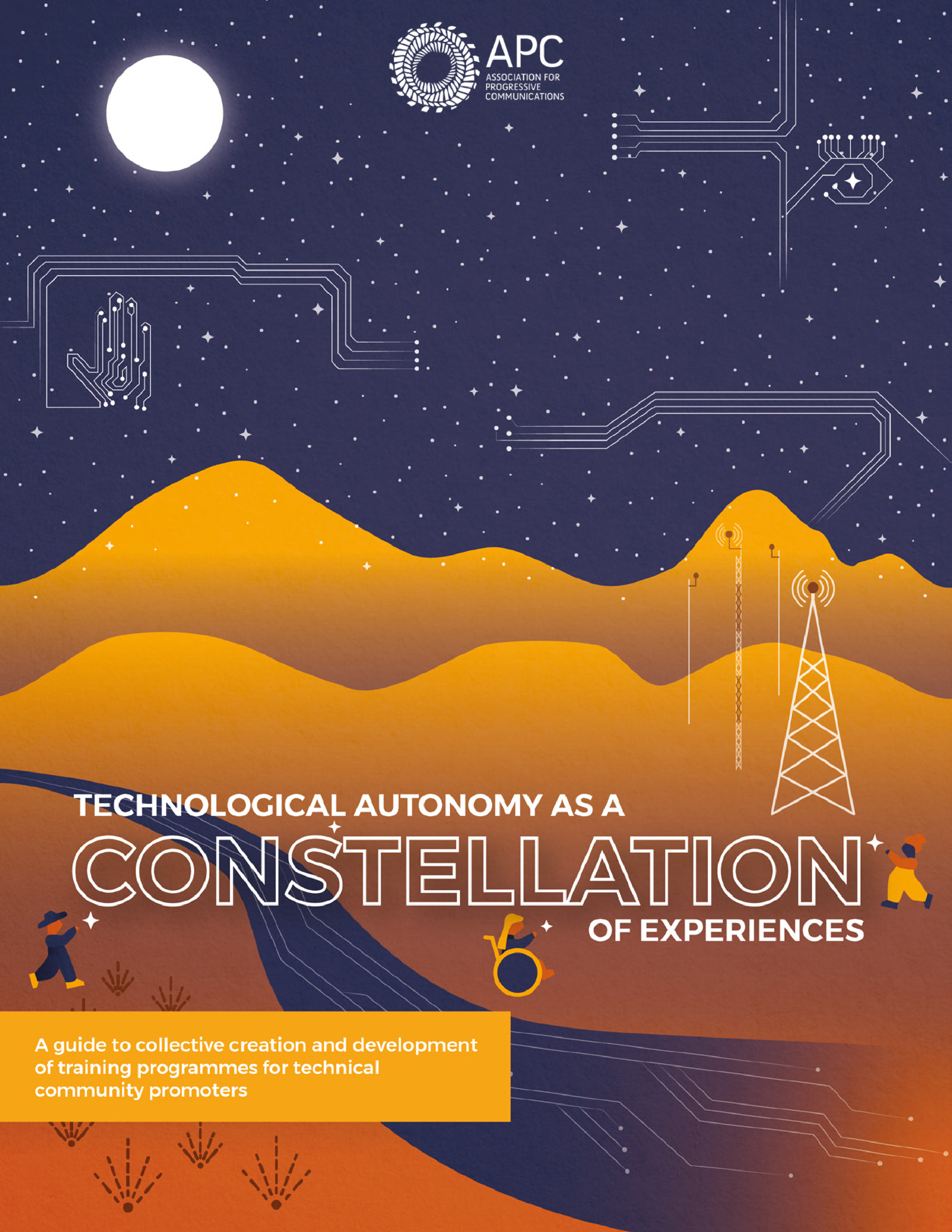methodology
This program emerged from a reflection on how to strengthen training processes in indigenous communication in Mexico. Using the methodology of Participatory Action Research (PAR), we defined the characteristics, topics and ways of sharing knowledge that would address the needs, dreams and objectives related to communication in the country's indigenous communities.
PAR is a participatory process based on the assumption that all the people involved in a given environment should participate in the process of inquiry for the construction of projects that meet their needs and help to fulfill their objectives. The key aspect in the design of Techio Comunitario has been to generate cycles of continuous reflection that directly relate the process to the wants and needs of the communities, people, and organizations to which the training actions are addressed.
This cycle, which constantly shifts from action to reflection, is composed of several phases that make us rethink our daily practices. These are based on the four phases proposed by Ernest T. Stringer in his book Action Research (2007): Setting the Stage, Look, Think, and Act.
As a result of this process of collective reflection among the organizations that comprise the program's Advisory Committee, we created a training model for the establishment of a group of technical promoters who: a) solve common failures in the equipment; b) are able to critically analyze the technologies to choose the most appropriate in each context; c) develop strategies for sustainability in their projects; d) are equipped with the necessary tools to install, maintain, operate and manage networks and media in their territories.
principles
We can summarize this methodology through four principles:
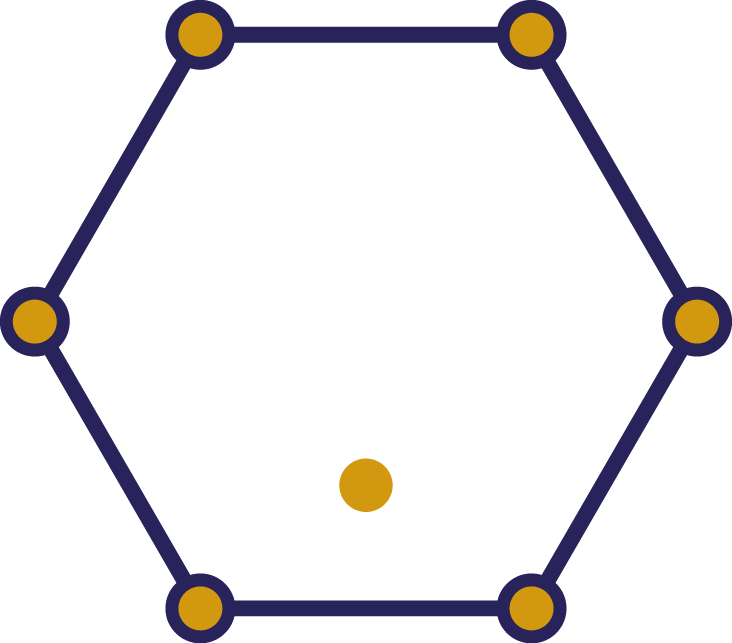
context
- The training must be based on the principles, values and ways of sharing knowledge of the communities where the processes are carried out. This entails pondering on the best pedagogical techniques and ways of implementing these training processes together with those who will have access to such training.
- Learning technology requires a critical and constant analysis of the technologies and their social, political, economic, and cultural implications in the communities in where they are implemented. This allows us to articulate projects that will be sustainable over time.
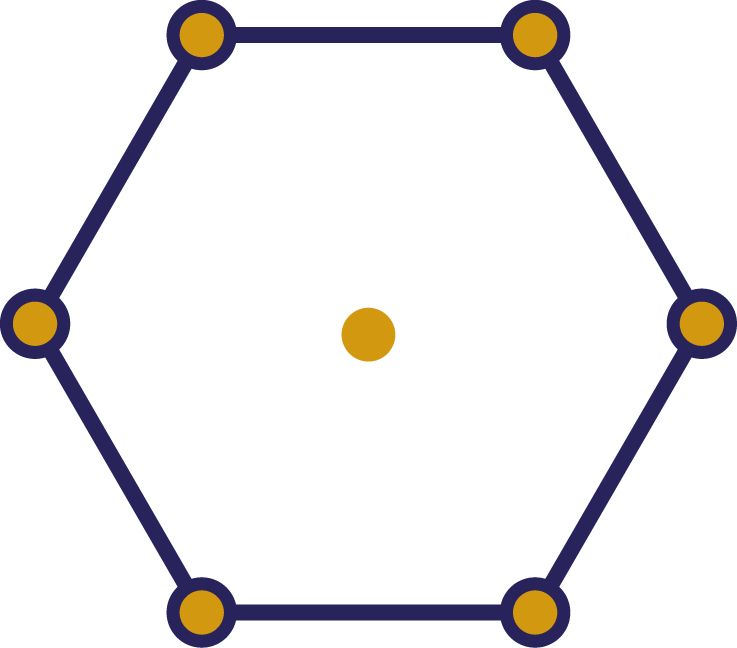
encounter
- The diversity of ways of knowing and experiencing the world is crucial to understand how communication weaves relationships that respond to felt needs and community dreams. For this reason, the main goal of a training program of such nature is to consolidate a network for the exchange of experiences and knowledge among its participants. .
- The training actions that are created and developed collectively allow for diverse ways of solving problems and of understanding the issues to be addressed. The committees or councils involved in the different phases of the process are essential to achieve this.
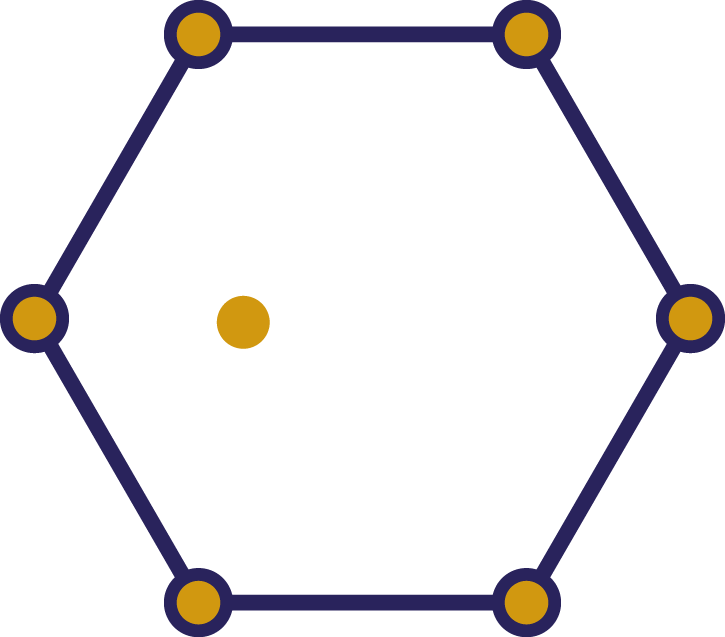
experience
- Each participant in this process has a wealth of experiences to share, from daily activities through solutions to specialized technical problems. Knowledge, thus, is not only found in those who facilitate the training, but in all the people who are involved in the process. .
- Practice in a real context and an understanding of the characteristics of the territory allows for the comprehension of the theory and concepts of each of the topics. Therefore, training through the solution of technical problems or the installation of communication networks directly in the communities provides a greater understanding of the knowledge and skills to be shared.
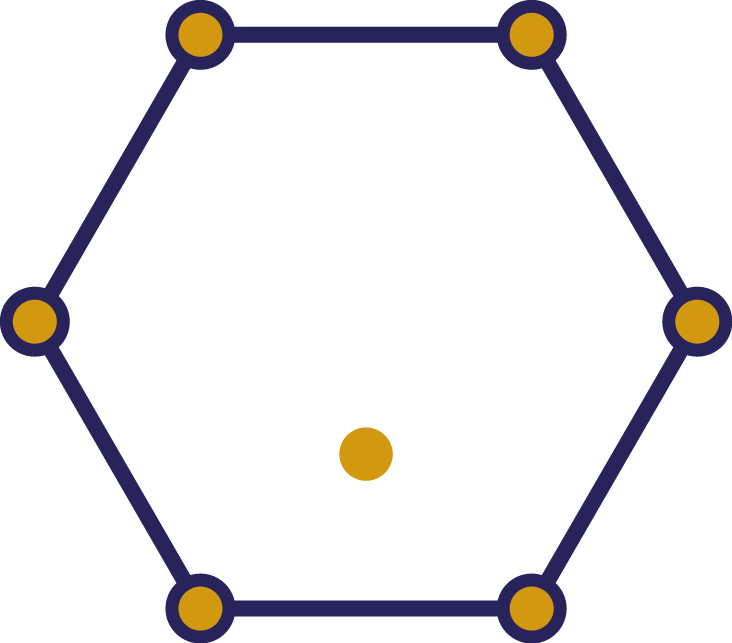
rediscovery
- Technologies, their development and maintenance, are presented to us as apparently external aspects of our lives, as something that can only be managed and operated by specialists. However, there are numerous examples of technological transformation and innovation in communities. A training program with this approach will seek to help people rediscover these capabilities to develop and utilize technologies that are relevant to their contexts. .
- By sharing experiences and knowledge, these programs allow to rediscover the possibilities of communication and its technologies as tools that address and contribute to the community's needs and dreams.
Even though each one of these principles responds to the particular contexts and territories in which Techio Comunitario has been carried out, the invitation we extend by sharing this methodology is to seek mechanisms to generate training processes that are contextualized and that respond to the felt needs of the communities in which they are implemented. We believe that the training and the technologies should always be adapted to the way of life of the communities, not the other way around. Hence the importance of collective reflection, using inquiry methodologies such as PAR.
material
An overview of the first phase of the development research of Techio Comunitario can be found in the report:
The complete systematization of this methodology can be found in the text:


